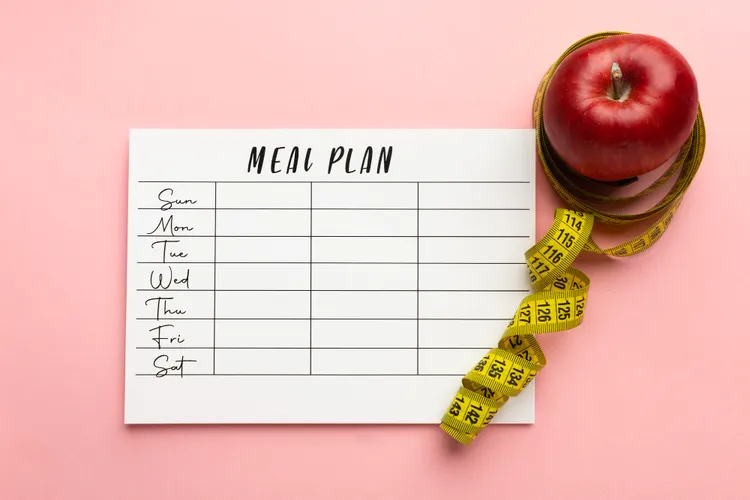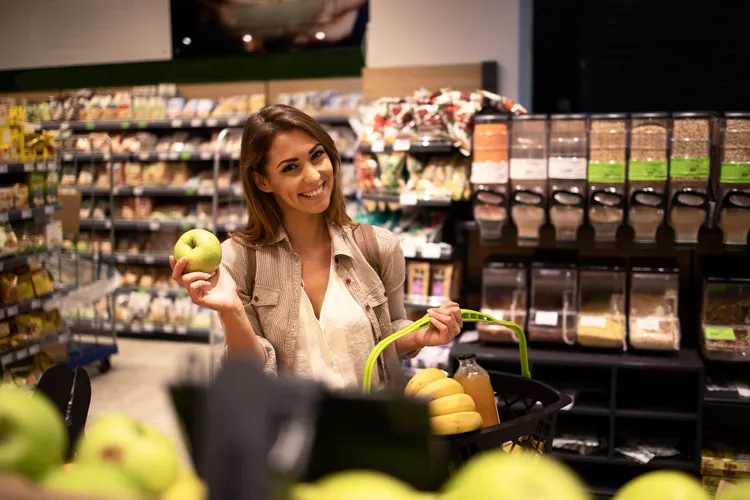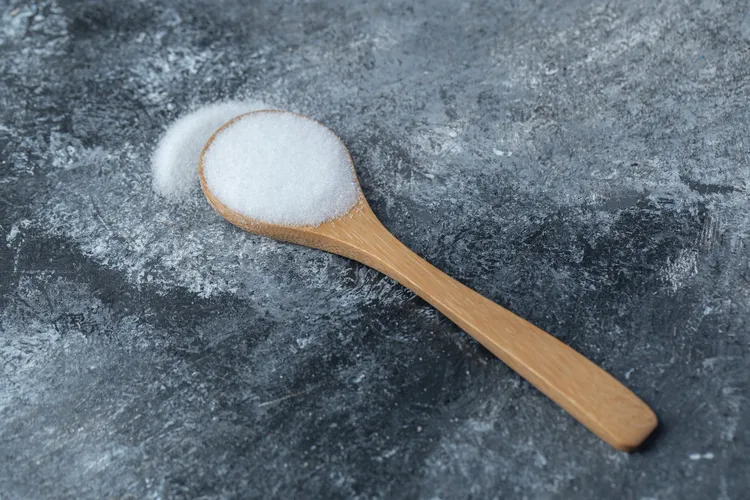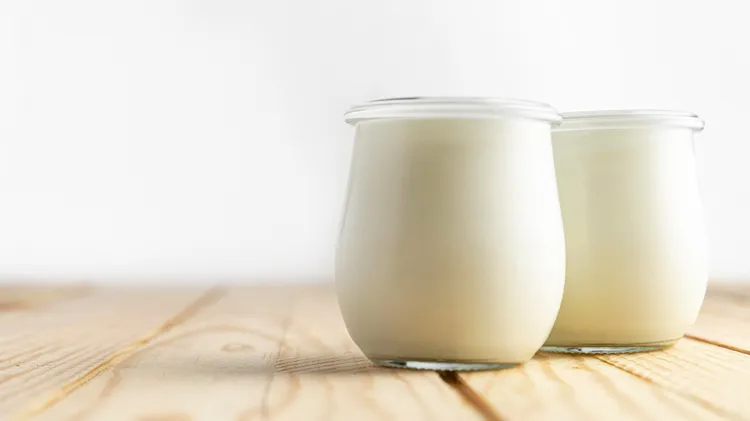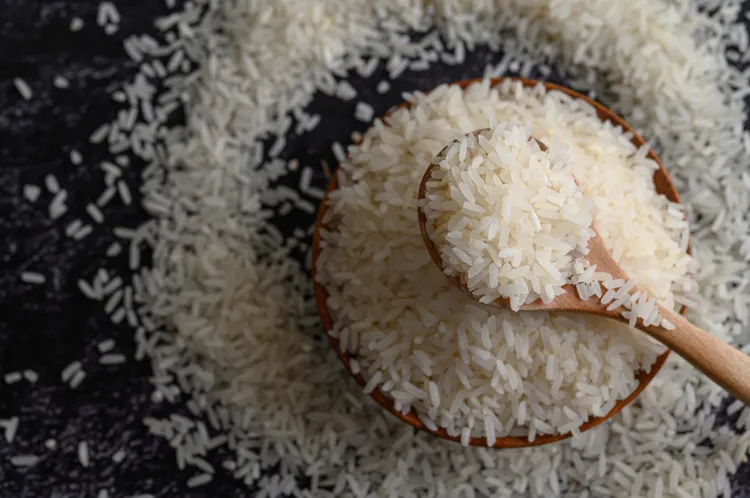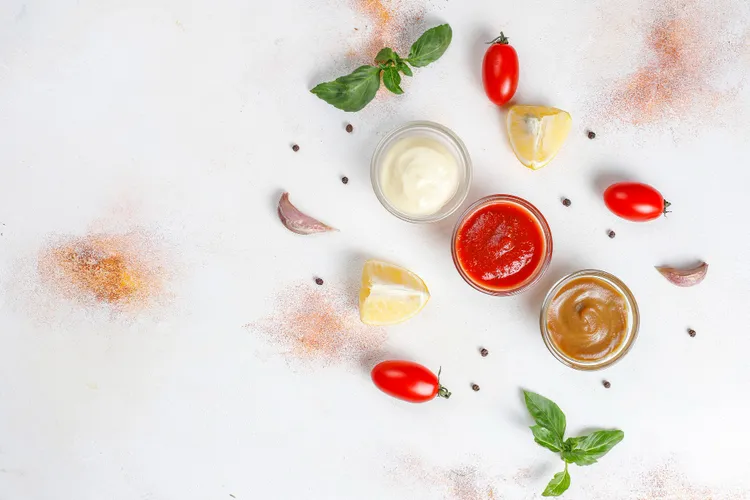The Power of Vitamin E: Top Foods to Fuel Your Body with This Antioxidant Superstar
When it comes to essential vitamins that protect your body from the inside out, Vitamin E is often overlooked. But this fat-soluble antioxidant plays a critical role in supporting your immune system, skin health, cell protection, and even anti-aging. Unlike other nutrients, vitamin E doesn’t get the spotlight it deserves. But understanding what it does - and which foods are rich in it - can help you supercharge your health, naturally.
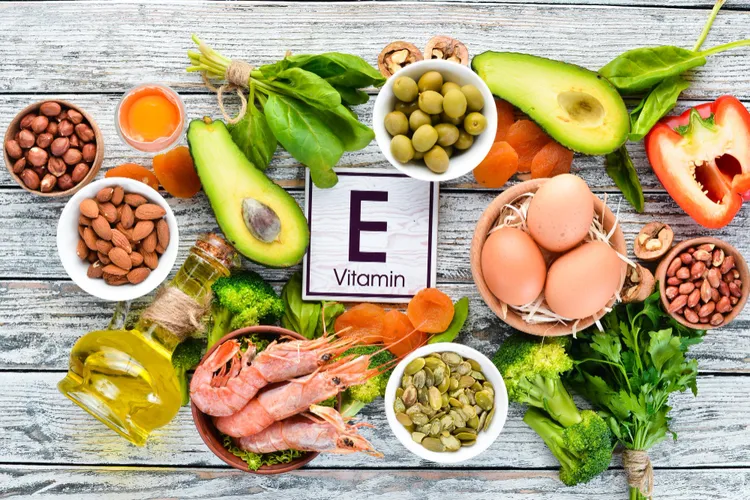
What Is Vitamin E and Why Is It Important?
Vitamin E is a fat-soluble vitamin made up of a group of eight compounds, including tocopherols and tocotrienols - the most well-known being alpha-tocopherol. It acts as a powerful antioxidant, meaning it helps fight free radical damage in the body, which is linked to aging, inflammation, and chronic disease.
Health Benefits of Vitamin E:
- Protects cells from oxidative damage
- Supports immune function
- Promotes skin health and wound healing
- Helps maintain eye health
- May reduce the risk of heart disease
- Contributes to hormonal balance
Since it’s fat-soluble, your body stores it in the liver and fatty tissues - but that also means it’s important not to overdo supplementation.
Signs of Vitamin E Deficiency
Though rare, deficiency can occur - especially in people with digestive disorders or those who have trouble absorbing fats (like in cystic fibrosis or Crohn’s disease).
Symptoms may include:
- Muscle weakness or cramps
- Vision problems
- Numbness or tingling
- Weakened immune system
- Balance issues or coordination problems
- Dry, irritated skin
If you suspect a deficiency, consult your healthcare provider for a blood test and guidance.
Top 15 Vitamin E-Rich Foods to Add to Your Diet
The good news? Vitamin E is abundant in many delicious, whole foods - especially plant-based ones.
Let’s explore the best sources:
1. Sunflower Seeds
- Vitamin E: ~7.4 mg per 1 oz (49% DV)
- Perfect as a snack, salad topper, or in trail mix
- Also rich in selenium and magnesium
2. Almonds
- Vitamin E: ~7.3 mg per 1 oz (48% DV)
- One of the most well-known sources
- Great raw, roasted, or in almond butter form
3. Wheat Germ Oil
- Vitamin E: ~20.3 mg per tablespoon (135% DV)
- The most concentrated natural source
- Add to smoothies or drizzle over salads (not ideal for cooking due to low heat stability)
4. Avocados
- Vitamin E: ~2.7 mg per avocado (18% DV)
- A creamy, versatile superfood
- Also provides healthy fats and fiber
5. Hazelnuts
- Vitamin E: ~4.3 mg per 1 oz (28% DV)
- Delicious in nut mixes, desserts, or as hazelnut butter
6. Olive Oil
- Vitamin E: ~1.9 mg per tablespoon (13% DV)
- Antioxidant-rich and heart-healthy
- Best used raw or in low-heat cooking
7. Spinach
- Vitamin E: ~3.7 mg per cup (cooked)
- Also packed with vitamin K, folate, and iron
- Great in soups, sautés, or smoothies
8. Swiss Chard
- Vitamin E: ~3.3 mg per cup (cooked)
- A highly nutritious leafy green
- Pairs well with garlic, olive oil, and lemon
9. Rainbow Trout
- Vitamin E: ~2.0 mg per 3 oz cooked
- Also rich in protein and omega-3s
- A flavorful alternative to salmon
10. Peanuts & Peanut Butter
- Vitamin E: ~2.4 mg per 2 tablespoons (16% DV)
- A tasty, protein-packed snack
- Try natural peanut butter without added sugars
11. Eggs
- Vitamin E: ~1 mg per egg (7% DV)
- Also a good source of B12, choline, and protein
- Pasture-raised eggs may contain slightly more
12. Pine Nuts
- Vitamin E: ~2.6 mg per 1 oz (17% DV)
- Adds crunch and richness to salads and pesto
13. Butternut Squash
- Vitamin E: ~2.0 mg per cup (cooked)
- Also high in vitamin A and fiber
- Roast, mash, or blend into soups
14. Broccoli
- Vitamin E: ~1.1 mg per cup (cooked)
- A cruciferous powerhouse
- Add to stir-fries, casseroles, or steam as a side
15. Tomato Sauce (homemade or jarred)
- Vitamin E: ~2.5 mg per cup
- Combines well with olive oil for increased absorption
- Try with whole-grain pasta or zucchini noodles
How to Boost Vitamin E Absorption
Because Vitamin E is fat-soluble, it needs dietary fat for optimal absorption. Here are some quick tips:
- Pair vitamin E-rich veggies with olive oil, nuts, seeds, or avocado
- Don’t shy away from healthy fats - they help your body make the most of this nutrient
- Combine leafy greens with a full-fat salad dressing or a handful of seeds
- Choose whole foods over isolated supplements whenever possible
Vitamin E for Energy, Immunity, and Glow
Vitamin E might not be the most hyped nutrient - but it plays a vital role in cellular protection, immunity, and skin vitality. And the best part? You can get plenty of it from real, whole foods you already enjoy.
Ready to Add More Vitamin E to Your Diet?

